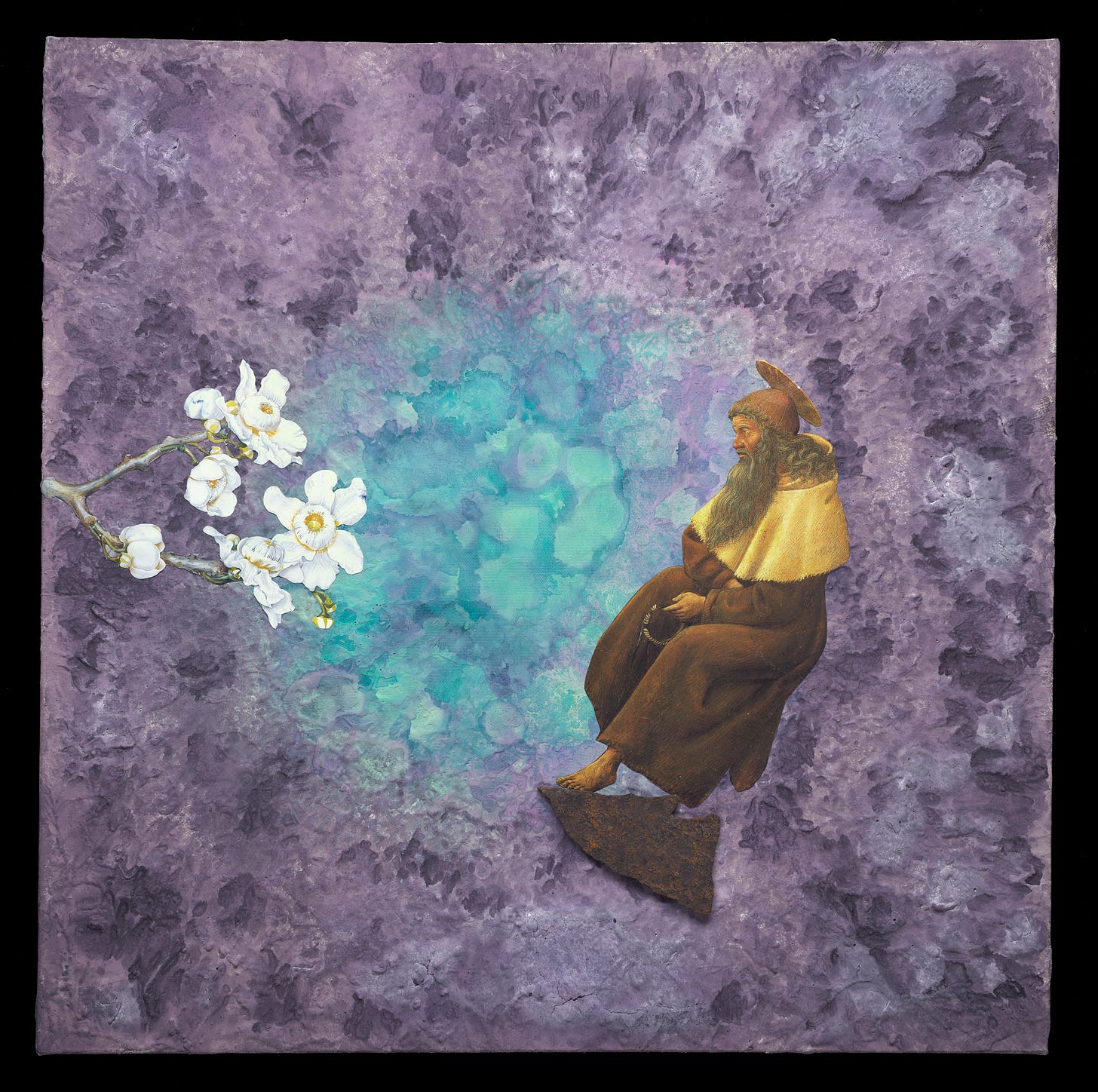
Originally posted by
Chuckie

Apparently, that Reddit post about the Texas guy was true:
American veteran Russell 'Texas' Bentley says the only way he'll ever return to the U.S. is if he's on a Russian tank arriving to "liberate" America.
Bentley has been based in the Donbas region of Ukraine since December 2014 when he arrived from Texas to fight with a pro-Russian militant group in the Donetsk People's Republic.
Speaking exclusively to Newsweek, 61-year-old Bentley said he has no intention of ever returning to the United States because he'd be arrested on "some bogus bulls*** charge" but also because there's currently no place he'd rather live than Donbas.
"I'm sure that if I went back to the United States, I would be met at the plane by cops and put in chains and never see the light of day again," Bentley told Newsweek.
As a young man, Bentley served in the United States army before gaining an honorable discharge. During his time out in Ukraine, Bentley says he has served on the front lines with the Russian militant group the Vostok Battalion, but is staying out of the current conflict as he prefers life as a veteran more than a soldier.
Bentley echoes Vladimir Putin's unfounded claims that Russia's invasion of Ukraine is aimed at removing neo-Nazis from the "fascist" Ukrainian government, and the only way he'd return to America is if it were part of the same mission.
"If I return to the U.S., it'll be on a Russian tank to liberate the U.S. just like what we're doing here," Bentley said.




 Reply With Quote
Reply With Quote






Bookmarks